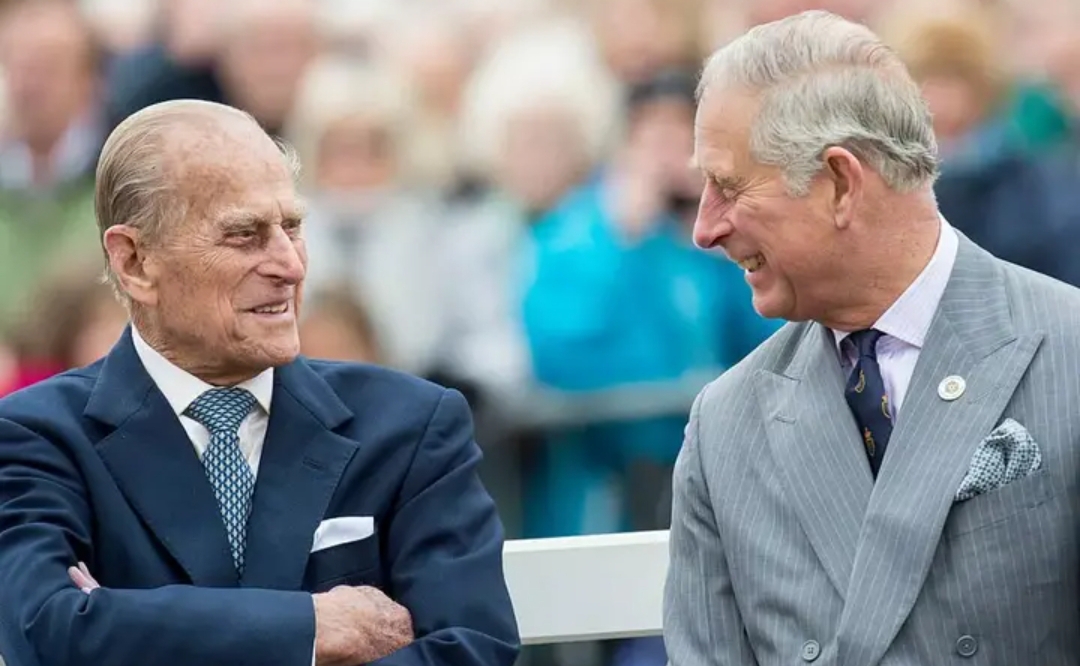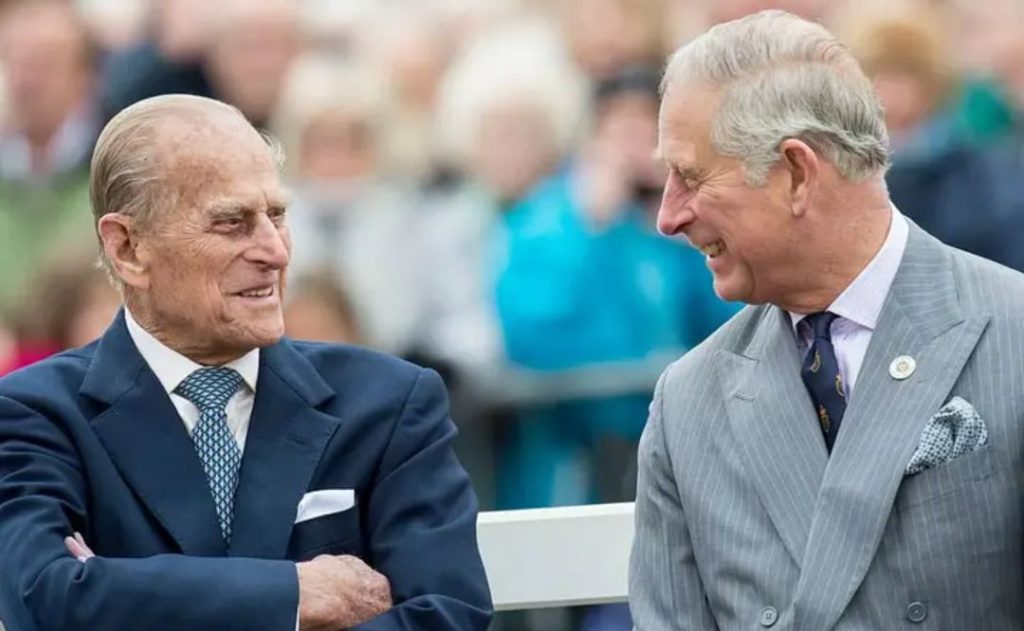
The ascension of Prince Charles to the throne following the passing of his mother, Queen Elizabeth II, marked a historic moment in British history. However, Charles’ reign was tragically short-lived, with the king holding the title for just over 500 days before abdicating in the face of overwhelming personal grief. The circumstances surrounding Charles’ brief tenure as monarch shed light on the complexities of duty, family, and personal sacrifice that have long defined the British monarchy.

As reported by daily Express Charles’ ascension to the throne in 2022 was met with both anticipation and trepidation, as the prince assumed the mantle of kingship following the death of his beloved mother, who had reigned for nearly seven decades. With the weight of history and tradition resting heavily upon his shoulders, Charles vowed to uphold the values and principles of the monarchy while also forging his own path as a modern monarch.
However, just over a year into his reign, tragedy struck the royal family with the unexpected death of Charles’ eldest son, Prince William, in a car accident. The loss of William, who was heir apparent to the throne, sent shockwaves throughout the nation and plunged the royal family into mourning.
For Charles, the loss of his son was a devastating blow that tested his resolve and challenged his sense of duty as king. As he grappled with his grief and struggled to come to terms with the magnitude of the loss, Charles found himself increasingly unable to fulfill his obligations as monarch, leading to mounting pressure from within the royal family and the wider public for him to step down.
In a poignant and deeply personal address to the nation, Charles announced his decision to abdicate the throne, citing his inability to effectively carry out his duties in the wake of his son’s death. The announcement, which came just days after William’s funeral, stunned the nation and marked the end of Charles’ brief tenure as king.
The decision to abdicate was met with a mix of sympathy and disappointment from the public, with many expressing understanding for Charles’ decision in light of the tragic circumstances. However, others criticized the king for what they perceived as a failure to fulfill his responsibilities as monarch, arguing that he should have remained in office and sought support to cope with his grief.
In the aftermath of Charles’ abdication, the throne passed to his younger brother, Prince Andrew, who assumed the title of King Andrew I. The transition marked a new chapter in the history of the British monarchy, with Andrew pledging to honor the legacy of his mother and brother while also charting a course for the future.
Despite the brevity of his reign, Charles’ legacy as king remains a topic of debate and discussion among historians and royal watchers alike. While some view his abdication as a mark of weakness, others see it as a testament to the power of love and family to transcend the trappings of power and prestige.
As the nation mourns the loss of Prince William and adjusts to the new reality of King Andrew’s reign, the memory of Charles’ brief tenure as king serves as a poignant reminder of the fragility of life and the resilience of the human spirit. In the face of overwhelming grief and unimaginable loss, Charles’ decision to prioritize his family over his crown stands as a testament to the enduring power of love and devotion in the face of adversity.




